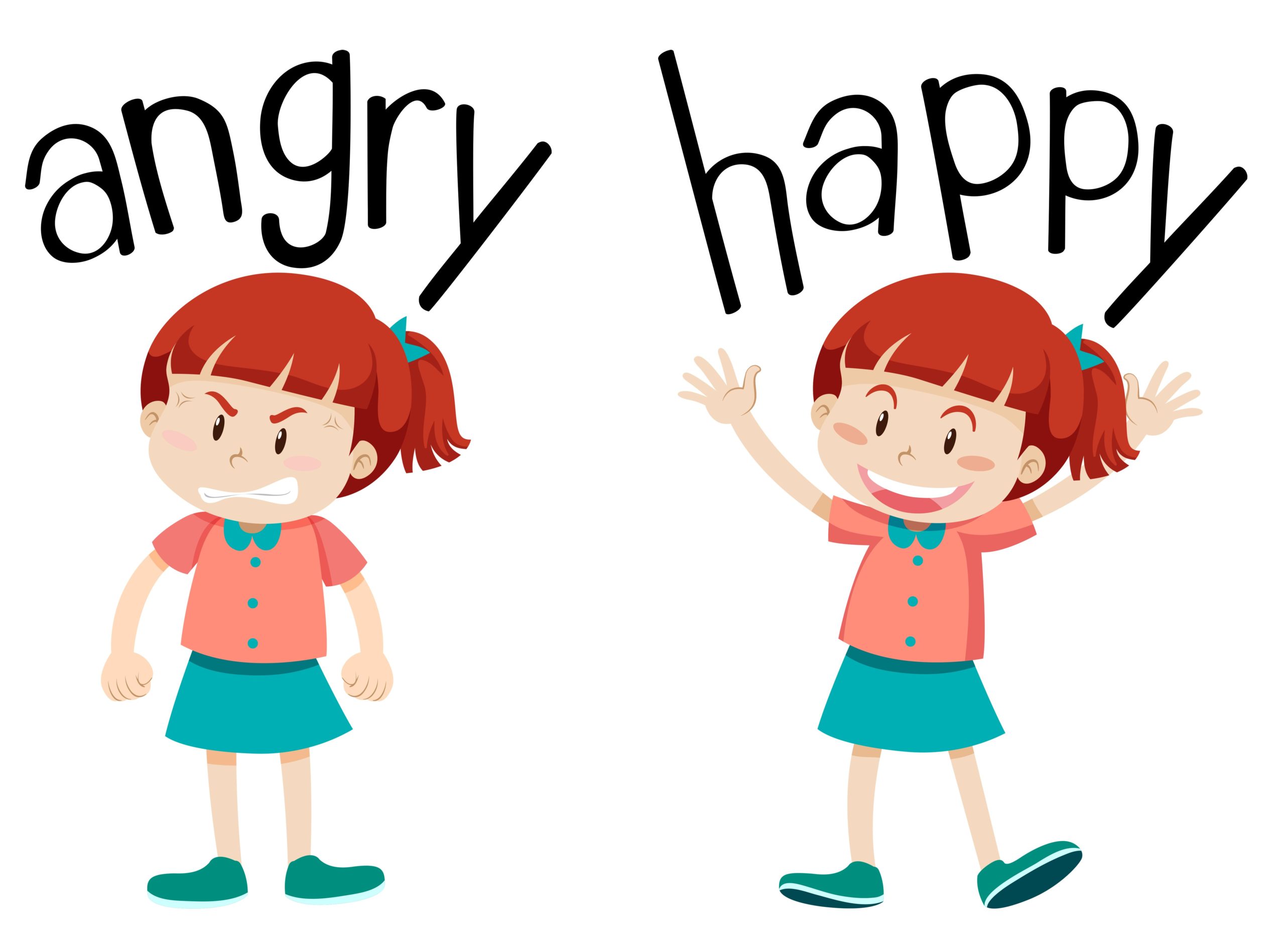In-person classes are the BEST way to achieve your State Department Mandated Educational hours. However, if you cannot find a course that fits your schedule or is affordable, an online class could be helpful. Special consideration can be given in some situations. Talk to your community counselor before registering for any online class.
Tips for using Coursera to obtain your educational requirement
You can take any online course from a USA-accredited college, university or technical school.
Google, Academy of Sports Medicine, IBM and Meta are examples of companies and institutions that are NOT accredited in the University system and cannot be used for your educational requirements. Many private companies will call themselves a ” college”. Please verify with your LCC that the school is accredited in the University system and accepted by the State Dept.
If you are interested in a Coursera course you can search through the options of the subject you are interested in. Each course will offer a different number of hours.
You must obtain 72 hours. Scroll to see the hours the class provides. Coursera charges a small fee per month OR for the “free” classes the certificate will cost approximately 49.00.
A certificate is necessary. Make an account with Coursera to have access to your certificate.
This should be emailed as a PDF to your LCC. Please don’t include in the body of the email. No texts will be accepted.
Most Au Pair will finish the course much quicker than is designated by Coursera. The Coursera classes are self-paced. This means that you can take them any time you have time.
You must get 72 hours.
You can only take one online course per semester. If the course doesn’t offer all 72 hours, you will need to wait to take another course in the next semester after 3 months. There is a spring, summer, fall, and winter semester. If you submit two certificates dated in the same semester, only one can be used!!!!!!
Your education must be finished 6 weeks before your term ends.
BE CAREFUL TO LOOK at the name of the college. Not all on Coursera are from USA colleges. BEFORE starting a class—send the link to your LCC to confirm it will meet the requirements.
Personal Enrichment:
Don’t know what career you want to have? 67 hours https://www.coursera.org/specializations/career-discovery
Want to be more successful?
70 hours https://www.coursera.org/specializations/professional-success-skills
Marketing:
Social Media Marketing: 40 hours https://www.coursera.org/specializations/social-media-marketing
160 hours Digital Marketing: https://www.coursera.org/specializations/digital-marketing?
Business:
Business Foundations Specialization 65 hours https://www.coursera.org/specializations/wharton-business-foundations
120 hours Innovation: From Creativity to Entrepreneurship Specialization
https://www.coursera.org/specializations/innovation-creativity-entrepreneurship
Human Resources 80 hours https://www.coursera.org/specializations/human-resource-management
Spanish:
80 hours https://www.coursera.org/specializations/learn-spanish
Psychology:
82 hours Foundations of Positive Psychology https://www.coursera.org/specializations/positivepsychology?
37 hours Social Psychology https://www.coursera.org/learn/social-psychology
40 hours Abnormal Psychology https://www.coursera.org/specializations/abnormal-psychology
English Language:
160 hours Teaching English to non-English speakers. https://www.coursera.org/professional-certificates/arizona-state-university-tesol
60 hours Introduction to Teaching English Learners Specialization https://www.coursera.org/specializations/intro-to-teaching-english-learners
80 hours Advanced Grammar and Punctuation https://www.coursera.org/specializations/advanced-grammar-punctuation
120 hours Business English Communication Skills https://www.coursera.org/specializations/english-for-business?
Health and Nutrition:
40 hours Food Sustainability and Mindful Eating. https://www.coursera.org/specializations/food-sustainability-mindful-eating-healthy-cooking
80 hours Heathy Sustainable food and products. https://www.coursera.org/specializations/healthy-sustainable-foods-products
70 hours Essentials of Global Health. https://www.coursera.org/learn/essentials-global-health
20 hours Feeding the World https://www.coursera.org/learn/feedingtheworld
53 hours Engineering Health intro to Yoga and physiology https://www.coursera.org/learn/engineering-health-yoga-physiology?
80 hours Integrative Health and Medicine. https://www.coursera.org/specializations/integrative-health-and-medicine
Music 40 hours each course. Can only take one per semester!! https://www.coursera.org/specializations/songwriting#courses https://www.coursera.org/specializations/music-business https://www.coursera.org/specializations/musicianship-specialization











